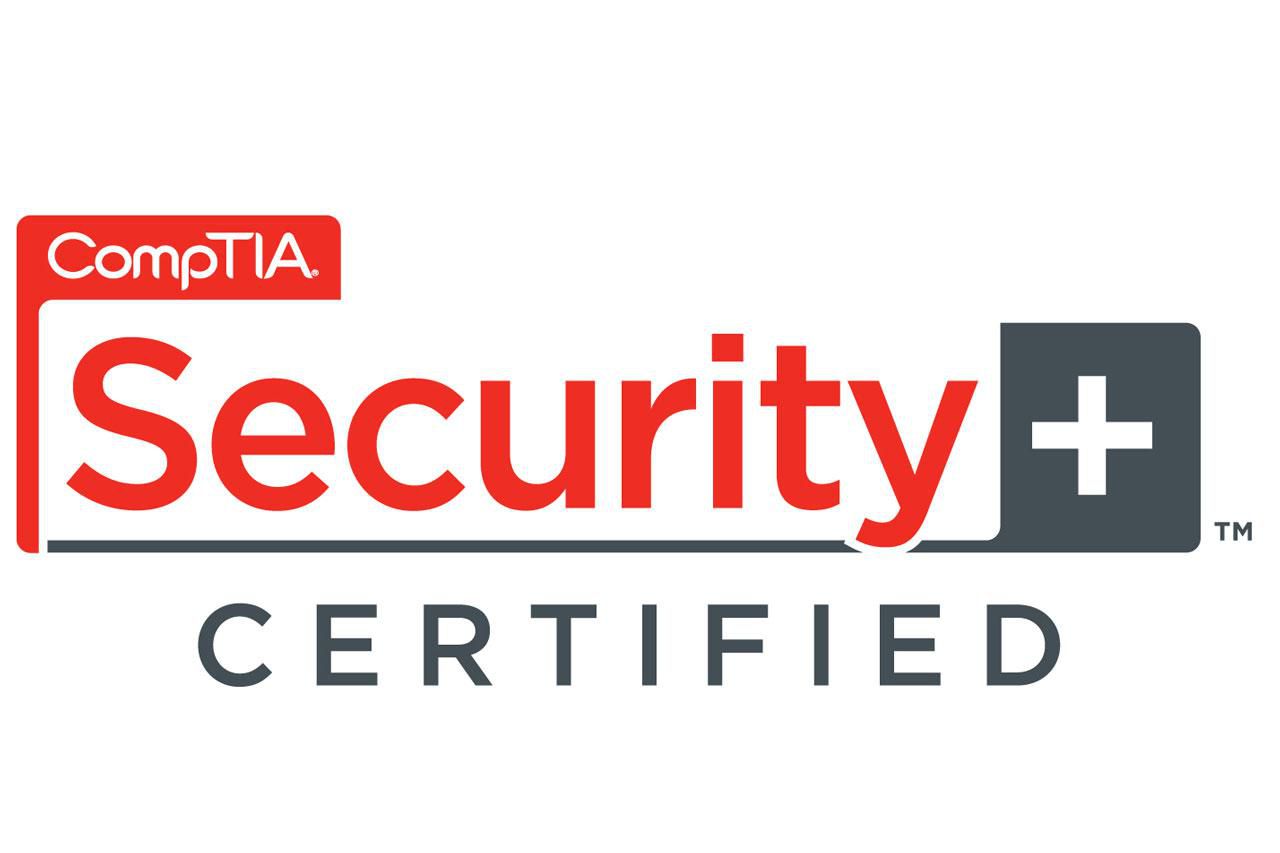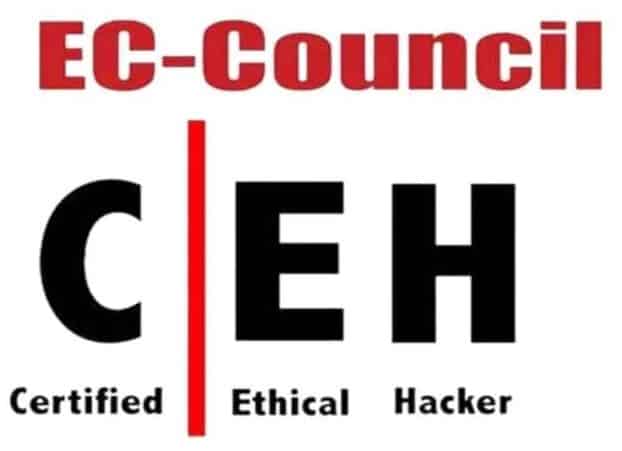A cyber private investigator, also known as a cyber investigator, digital forensic investigator, or online detective, is a highly skilled professional who combines cybersecurity knowledge with investigative techniques. Their primary role is to uncover and prosecute internet-based crimes by gathering digital evidence, analyzing computer systems, and reconstructing cyberattacks.
To embark on a career as a cyber private investigator, a bachelor’s degree in criminal justice or cybersecurity is typically required, along with relevant experience in the field. Additionally, obtaining professional certifications like Certified Information Systems Security Professional (CISSP) and Certified Ethical Hacker (CEH) can further enhance your qualifications in this dynamic and in-demand field.
Key Takeaways:
- A cyber private investigator combines cybersecurity knowledge with investigative techniques to uncover and prosecute internet-based crimes.
- A bachelor’s degree in criminal justice or cybersecurity is generally required for this career path.
- Professional certifications such as CISSP and CEH can boost your qualifications.
- Cyber private investigators gather digital evidence, analyze computer systems, and reconstruct cyberattacks.
- With the increasing prevalence of cybercrime, there are growing opportunities for professionals in this field.
Career Overview of a Cyber Private Investigator
A career as a cyber private investigator involves investigating cybercrimes, such as hacking, identity theft, and online fraud. These investigators work at the intersection of cybersecurity and criminal justice, using their technical skills to gather evidence from digital systems. They are trained in computer forensics and specialize in investigating crimes that use the internet as the primary attack vector. Cyber private investigators work in both private and public sectors, helping to prevent and prosecute cybercriminals.
With the increasing prevalence of cybercrime, the demand for skilled cybercrime investigators, cyber forensic analysts, and cyber security investigators continues to rise. As technology advances, cyber private investigators play a vital role in combating cyber intrusions and protecting sensitive data.
Whether in the private sector, working for cybersecurity firms or corporations, or in the public sector as part of law enforcement agencies, cyber private investigators are on the front lines of defending against cyber threats. Their expertise in digital investigations and computer forensics allows them to gather crucial evidence and contribute to the efforts of preventing and prosecuting cybercriminals.
The Work of a Cyber Private Investigator
The work of a cyber private investigator involves a range of responsibilities, including:
- Investigating cybercrimes, such as hacking, identity theft, and online fraud
- Gathering digital evidence from computer systems and networks
- Analyzing and interpreting digital data to reconstruct cyberattacks
- Collaborating with law enforcement agencies to prevent and prosecute cybercriminals
- Providing expert reports and testimony in legal proceedings
The role of a cyber private investigator requires a deep understanding of cybersecurity practices and methodologies. These professionals utilize their technical skills to navigate complex digital landscapes and identify the culprits behind cybercrimes.
Education and Training
To pursue a career as a cyber private investigator, a solid educational foundation is crucial. Many employers require a bachelor’s degree in criminal justice, cybersecurity, or a related field. Some individuals may also choose to pursue additional certifications to enhance their qualifications.
A degree in criminal justice equips aspiring cyber private investigators with a fundamental understanding of the legal system, investigative techniques, and criminal behavior. On the other hand, a degree in cybersecurity provides a comprehensive knowledge of digital forensic analysis, network security, and cyber threat detection.
While formal education is essential, practical experience is equally important. Cyber private investigators often gain practical skills through internships, entry-level positions, or working alongside experienced professionals in the field. This hands-on experience allows them to apply their knowledge in real-world scenarios and develop the expertise required for cyber investigations.
Career Path and Opportunities
A career as a cyber private investigator offers various opportunities for growth and specialization. As professionals gain experience and expertise in the field, they can progress into different roles and take on more advanced responsibilities.
Many cyber private investigators start their careers as part of a cybersecurity team, where they gain a solid understanding of cybersecurity defenses. This experience provides them with a strong foundation in digital investigations and helps them develop the necessary skills to excel in their career.
Common job titles related to cyber private investigation include:
- Cybercrime Investigator
- Cyber Forensic Analyst
- Cyber Security Investigator
In some cases, cyber private investigators may also work for large corporations as white hat hackers, testing security systems and identifying vulnerabilities. The career path for cyber private investigators is dynamic and offers opportunities for continuous learning and growth.
The job market for cyber private investigators is promising, with an increasing need for skilled professionals who can investigate and combat cybercrimes. Companies, government agencies, and law enforcement bodies are actively seeking qualified individuals to protect their systems, data, and infrastructure from cyber threats.
Continued technological advancements and the continued rise of cyber intrusions contribute to a positive job outlook for cyber private investigators. The work these professionals do is crucial in the ongoing fight against cybercrime.
Important Skills for a Cyber Private Investigator
To succeed as a cyber private investigator, you need a range of important skills. This includes technical skills in computer forensics and cybersecurity, as well as the ability to handle investigations, inquiries, and chain of custody issues. Knowledge of investigative techniques and practices is crucial for gathering and preserving digital evidence. Additionally, you must be able to analyze computer systems and networks following a cybercrime, reconstruct cyberattacks, and have a thorough understanding of cybersecurity defenses.
As a cyber private investigator, your technical expertise in computer forensics allows you to collect and analyze digital evidence from various devices and systems. This involves understanding data recovery techniques, as well as utilizing specialized software tools to extract information from compromised systems.
The ability to conduct thorough investigations is another essential skill. This includes researching and identifying potential leads, conducting interviews, and documenting findings. Effective communication skills are crucial for obtaining information from witnesses, clients, and other professionals involved in the case.
Understanding and adhering to the chain of custody is vital in ensuring the integrity and admissibility of evidence. Maintaining proper documentation and following established procedures for handling and storing evidence is essential for legal proceedings.
Furthermore, a cyber private investigator should possess a comprehensive knowledge of cybersecurity principles and best practices. This includes staying updated on the latest cyber-attacks and cyber threats and being able to identify vulnerabilities in computer systems and networks. By understanding the techniques used by cybercriminals, investigators can better reconstruct the methods and motives behind cybercrimes.
In summary, the important skills for a cyber private investigator include:
- Technical expertise in computer forensics and cybersecurity
- Ability to handle investigations, inquiries, and chain of custody issues
- Knowledge of investigative techniques and practices
- Analytical skills to analyze computer systems and networks
- Comprehensive understanding of cybersecurity defenses
A cyber private investigator must continuously update their skills and stay ahead of emerging cyber threats to effectively protect individuals and organizations from cybercrimes.
Job Description and Responsibilities of a Cyber Private Investigator
Cyber private investigators play a vital role in the fight against cybercrime. They are responsible for analyzing computer systems and networks following a crime, recovering data that has been damaged or destroyed, and gathering evidence for legal proceedings. Their expertise allows them to uncover crucial information that can be used to identify and prosecute cybercriminals.

One of the primary responsibilities of a cyber private investigator is evidence gathering. They meticulously collect and analyze digital evidence, such as logs, metadata, and network traffic, to build a comprehensive case against cybercriminals. Using advanced forensic tools and techniques, they ensure that the evidence is legally admissible in court.
“We leave no digital stone unturned. Our team is committed to meticulously gathering and analyzing evidence in order to bring cybercriminals to justice.”
Data recovery is another crucial aspect of a cyber private investigator’s job. They have the skills and tools to retrieve valuable data from compromised or damaged systems. Whether it’s recovering deleted files, reconstructing encrypted data, or restoring corrupted databases, these professionals excel in salvaging crucial information that can be vital to an investigation.
In addition to evidence gathering and data recovery, cyber private investigators often prepare expert reports on technical matters. These reports provide a clear and concise analysis of the evidence and serve as a valuable resource for attorneys and other professionals involved in the legal process. Moreover, cyber private investigators may be called upon to testify in court as expert witnesses, using their knowledge and expertise to explain complex technical concepts to a jury.
Cyber private investigators also play a consulting role, working closely with clients and supervisors to provide guidance and support throughout an investigation. They continually develop their skills and stay up-to-date with the latest advancements in cybersecurity and digital forensics. As part of their responsibilities, they assess software applications, networks, and endpoints for security vulnerabilities, helping to prevent future cyber-attacks.
Key Responsibilities of a Cyber Private Investigator:
- Collecting and analyzing digital evidence for criminal investigations
- Recovering data from compromised or damaged systems
- Preparing expert reports on technical matters
- Testifying as an expert witness in court
- Providing consultation and guidance throughout investigations
- Assessing software applications, networks, and endpoints for security vulnerabilities
A career as a cyber private investigator is challenging and requires a unique set of skills. These professionals must combine technical expertise in cybersecurity and digital forensics with investigative acumen. By performing their duties diligently, cyber private investigators contribute to the maintenance of a secure digital environment and the deterrence of cybercriminals.
Education and Experience Requirements
To pursue a career as a cyber private investigator, a bachelor’s degree in criminal justice or cybersecurity is generally required. Some community colleges offer two-year associate degrees in criminal justice, which can be transferred to a four-year college or university for a bachelor’s degree. A degree in computer science can also be desirable. While education is important, experience is equally valuable for becoming a successful cyber private investigator. It is a position best suited for experienced professionals in cybersecurity or criminal investigations.
Education Requirements
- Bachelor’s degree in criminal justice
- Bachelor’s degree in cybersecurity
- Associate degree in criminal justice (transferred to a four-year college or university for a bachelor’s degree)
- Degree in computer science (desirable)
Experience Requirements
While a bachelor’s degree is typically necessary, experience plays a crucial role in the success of a cyber private investigator. Professionals with experience in cybersecurity or criminal investigations have a solid foundation and understanding of the field. Practical experience allows investigators to apply theoretical knowledge to real-world scenarios, making them more effective in gathering evidence, analyzing digital systems, and investigating cybercrimes.
“Experience provides investigators with the necessary skills to navigate complex investigations, handle diverse cases, and adapt to rapidly evolving cybersecurity threats.”
Whether gained in law enforcement, military, or private industry roles, valuable experience includes:
- Investigating cybercrimes
- Handling digital evidence
- Analyzing computer systems and networks
- Reconstructing cyberattacks
- Maintaining chain of custody
- Conducting forensic examinations
Professional Certifications for Cyber Private Investigators
While there is no industry-wide prescribed professional certification required for a cyber private investigator, certain certifications can enhance your qualifications. These certifications showcase your expertise in specific areas of cybersecurity and can validate your skills in the field. Here are some valuable certifications for cyber private investigators:
- Certified Information Systems Security Professional (CISSP): The CISSP certification demonstrates a robust understanding of security architecture and management. It covers various domains related to cybersecurity, such as asset security, security operations, and software development security.
- Certified Ethical Hacker (CEH): The CEH certification highlights your knowledge of cyberattacks and mitigation methods. It equips you with ethical hacking techniques, enabling you to identify vulnerabilities and protect systems and networks against potential threats.
- EnCase Certified Examiner (EnCE): The EnCE certification is specifically designed for digital forensic investigators. It focuses on the use of EnCase software to collect, preserve, and analyze digital evidence, enabling you to conduct thorough investigations.
- GIAC Incident Handler: The GIAC Incident Handler certification validates your ability to handle and respond to cybersecurity incidents effectively. It equips you with the necessary skills to analyze security breaches, mitigate risks, and implement incident management procedures.
- GIAC Certified Forensic Analyst (GCFA): The GCFA certification demonstrates your expertise in forensic analysis, enabling you to investigate cybercrimes and gather digital evidence. It covers topics such as file system analysis, memory forensics, and network forensics.
By obtaining these certifications, you can enhance your skills, showcase your expertise, and differentiate yourself as a qualified cyber private investigator in the industry.
Career Path and Opportunities
For those aspiring to enter the field of cyber private investigation, starting out as part of a cybersecurity team can provide valuable experience and a solid foundation in understanding cybersecurity defenses. Working alongside seasoned professionals in the industry, newcomers have the opportunity to gain hands-on knowledge and expertise.
There are various job titles and openings in the cybersecurity field that are closely related to cyber private investigation. These include positions such as Geek Squad agent, network analyst, information security analyst, and security engineer, among others. Each of these roles allows individuals to develop their skills and knowledge in cybersecurity and digital forensics.
The Path to Success
“Starting as part of a cybersecurity team can provide entry-level professionals with the necessary skills and exposure to advance their careers in the field of cyber private investigation.”
Furthermore, there is an emerging demand for cyber private investigators to work as white hat hackers for large corporations. These professionals are responsible for testing the security systems of organizations, identifying vulnerabilities, and suggesting necessary improvements. This role combines technical expertise with ethical hacking practices.
With the increasing prevalence of cybercrime, the opportunities for professionals in the field of cyber private investigation are rapidly expanding. As companies, government agencies, and law enforcement agencies seek to combat cyber intrusions and protect sensitive information, the need for skilled and knowledgeable individuals continues to grow.
Job Titles in Cybersecurity
| Job Title | Description |
|---|---|
| Geek Squad Agent | Provides technical support and assistance with computer-related issues for customers. |
| Network Analyst | Analyzes network systems, troubleshoots issues, and designs/implements network upgrades. |
| Information Security Analyst | Ensures the security and integrity of computer systems, networks, and data. |
| Security Engineer | Designs, implements, and maintains security systems to protect against cyber threats. |
Salary and Outlook for Cyber Private Investigators
The salary for cyber private investigators can vary depending on factors such as experience, location, and the sector they work in. According to the Bureau of Labor Statistics, information security analysts (which includes cyber private investigators) had a median annual wage of $103,590 in May 2019.
Here is a breakdown of the average salaries for cyber private investigators based on their experience:
| Experience | Average Salary |
|---|---|
| Entry-level | $60,000 – $80,000 |
| Mid-career | $80,000 – $100,000 |
| Experienced | $100,000+ |
The job outlook for cyber private investigators is promising, with cybersecurity threats becoming more common and advanced. Companies, government agencies, and law enforcement are actively seeking skilled professionals to combat cyber intrusions and protect sensitive data.
Here are some key factors contributing to the positive job outlook:
- The rise in cyber intrusions and cybercrimes
- The increasing reliance on technology and digital platforms
- The need for proactive measures to prevent cyberattacks
- The continuous demand for expertise in cyber investigation and digital forensics
Cyber private investigators are invaluable in the fight against cybercrimes and play a crucial role in safeguarding individuals and organizations from online threats.
Conclusion
Becoming a cyber private investigator is an exciting and challenging career choice. The increasing prevalence of cyber threats and the ever-advancing technology create a high demand for skilled professionals in this field. By acquiring the necessary education, experience, and certifications, you can develop the skills required to investigate and prosecute cybercrimes.
As a cyber private investigator, you will play a crucial role in the fight against cybercrime, helping to safeguard individuals and organizations from online threats. With the right training and qualifications, you can contribute to maintaining a secure digital environment. This rewarding career allows you to combine your knowledge of cybersecurity and investigative techniques to uncover and prevent online criminal activities.
With the continuous growth of the digital landscape, the demand for cyber private investigators is expected to rise significantly. By staying updated with the latest technologies, tools, and investigative practices, you can ensure a successful and fulfilling career in this rapidly evolving field. So, if you have a passion for cybersecurity and a knack for investigations, consider pursuing a career as a cyber private investigator and make a difference in the fight against cybercrime.











